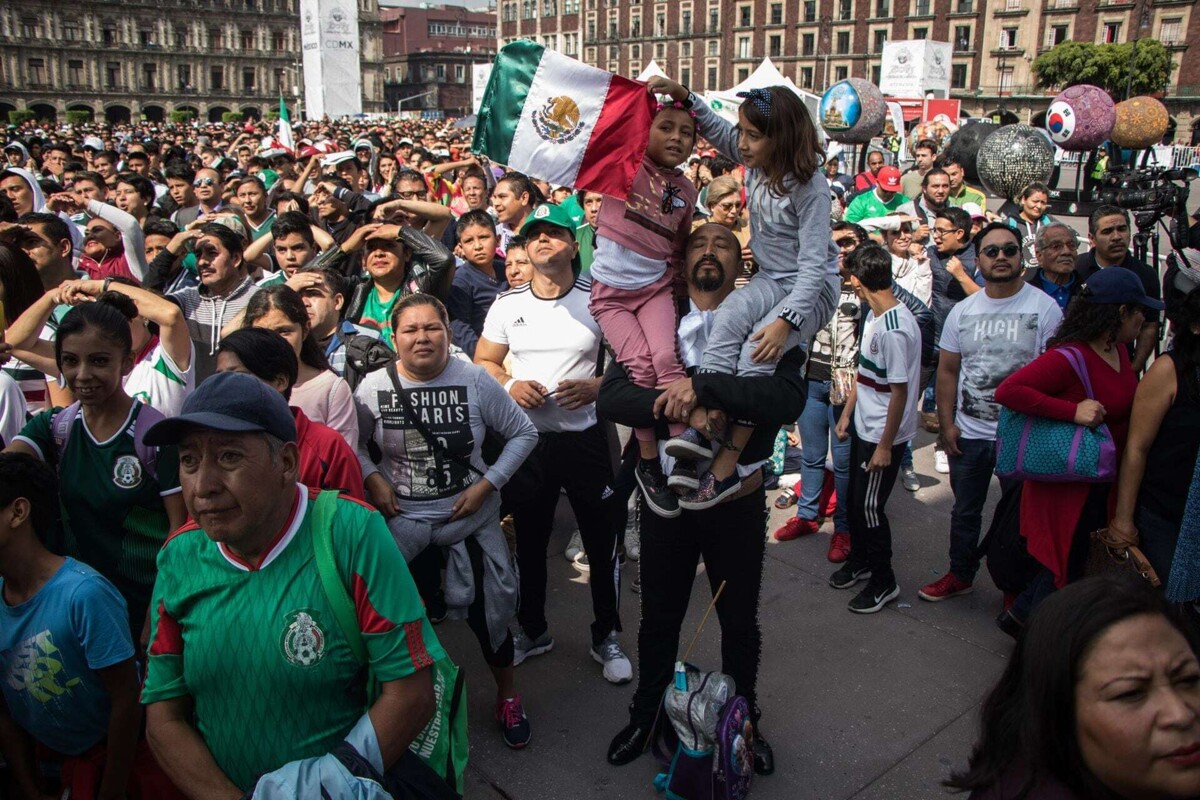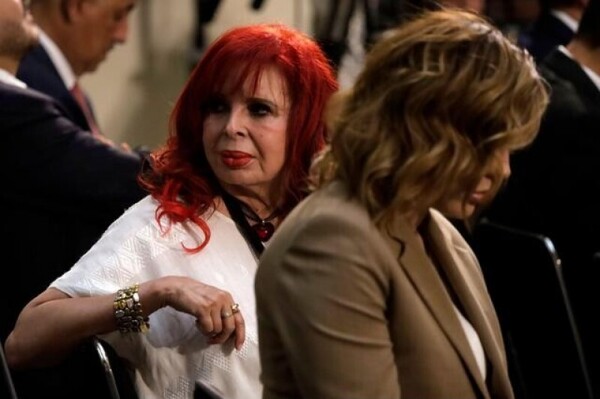
Mexicans, by nature, tend to be reserved and distrustful when it comes to expressing their truths and emotions. This tendency is reflected in surveys and opinion polls that fail to capture the true reality of the country. Despite Mexico facing complex and difficult problems, surveys depict a portrait of a happy and satisfied country, which does not align with the current situation.
Distrust in pollsters, fear of reprisals, and social inequality are factors that influence the reluctance of Mexicans to express their opinions. The lack of citizen participation in national matters is also a peculiar trait of Mexican society. The lack of political debate and the scarce communication between rulers and the population contribute to this disconnection.
Despite social programs, remittances, and other government efforts, a large part of the Mexican population remains concerned about their future and living conditions. The crisis caused by the pandemic, insecurity, the collapse of the health system, and other structural problems keep the population in constant uncertainty.
The lack of credibility in surveys, partly due to previous experiences of electoral manipulation, contributes to the distorted perception of reality. Economic inequality, poverty, and lack of opportunities are persistent problems that affect a large part of the population, despite government efforts.
In this context, it is essential to analyze and address these issues in a comprehensive manner, taking into account the perceptions and real needs of Mexican society. The lack of dialogue, distrust, and lack of citizen participation are some of the challenges that must be overcome to build a fairer and more equitable country for all its inhabitants.













